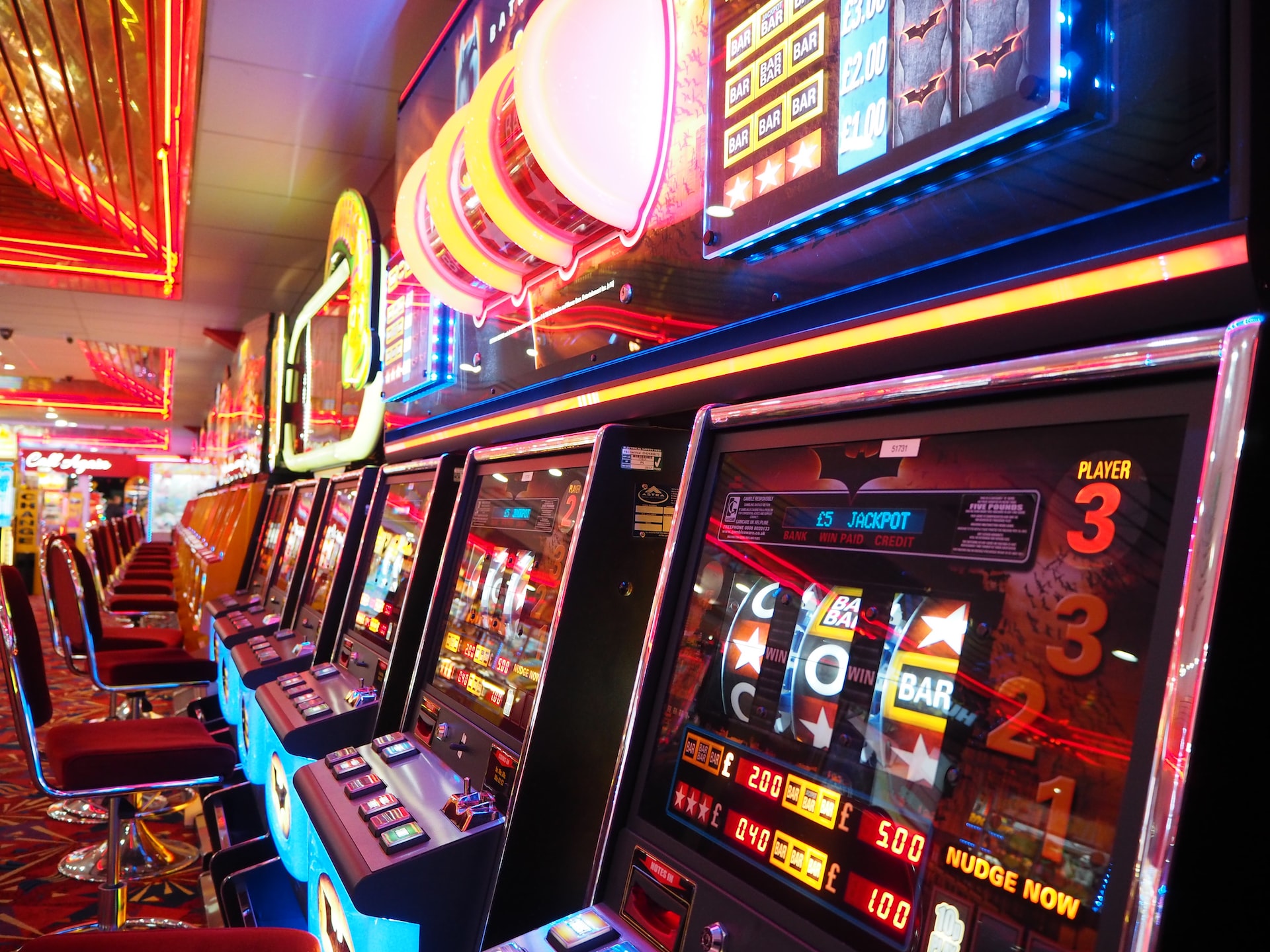
In the world of gambling, in which chance and strategy converge, a unique tapestry of beliefs emerges—one that weaves together luck, fate, and the enigmatic nature of casino games. Casinos, bustling with excitement and anticipation, are not just places for placing bets; they are also arenas in which superstitions thrive. From the novice player to the seasoned gambler, these mysterious practices often shape how individuals approach the games they play, believing that their actions can influence the outcome in ways that go beyond mere probability.
As players gather around roulette wheels, blackjack tables, and slot machines, the atmosphere is thick with stories of lucky charms, rituals, and codified behavior that defy logic yet provide a sense of comfort. Xem đá gà trực tuyến It could be the case that it’s wearing a specific outfit, following a particular sequence of bets, or even avoiding certain numbers, the attachment to various superstitions reflects a deep-rooted desire to master the uncontrollable. This article delves into the captivating world of casino game superstitions, exploring the beliefs that both entertain and mystify those who dare to play.
Cultural Beginnings of Superstitions
Gambling games have long been entwined with an variety of superstitions that trace to ancient cultures. The roots of these ideas can be linked to humanity’s fundamental need to influence the unpredictable outcomes connected with luck and chance. Daga88 In ancient civilizations, games of chance were often connected to spiritual practices. Gamblers would call upon aid or ask for favor from gods, believing that their actions could change the results in their favor. This basis laid the groundwork for the variety of superstitions that spread as betting evolved over time.
During the Middle Ages, betting became a popular hobby across European nations, and with it, a colorful tapestry of superstitions developed. Participants adopted numerous rituals and charms, believing they could influence the results of games. The importance of digits, in particular, emerged to show in superstitions around card games and dice. The number seven was often considered auspicious, while various numbers carried bad connotations. These notions mirrored the social contexts of the time, adapting as they transferred through generations and transformed to new gaming environments.
As gaming establishments developed in the 17th century, particularly in the Italian peninsula and France, the atmosphere surrounding betting became saturated in mystique. The growing openness of gambling games allowed for the expansion and variation of superstitions among players. Concepts like charmed charms, special seating locations, and rituals gained prominence, creating a special culture within betting houses. As these traditions continued to thrive, they became integral to the identity of gambling activities, illustrating how historical developments and culture shape the belief systems that influence how players engage with fortune.
Widespread Gambling Superstitions
Superstitions surrounding casino games are abundant and varied, reflecting the hopes and anxieties of players as they participate in chance-based games. One of the most common beliefs is that certain digits bring fortune or misfortune. For example, the number 7 is often seen as a lucky number, frequently embraced by players looking for a favorable result. Conversely, the digit thirteen is routinely considered cursed, leading many players to steer clear of it during their gaming periods.
Another frequent belief relates to rituals that players believe can influence their chances. It could be blowing on the dice before a roll, using a specific hand to place a bet, or even putting on particular items of attire, many individuals feel that these actions can sway fate in their favor. These practices offer a feeling of power in an otherwise unpredictable environment, reinforcing the idea that luck can be created through individual convictions and customs.
Lastly, the environment and atmosphere of the gambling house itself contributes to myths. Many players suggest that the presence of certain icons, such as four-leaf clovers or lucky tokens, can enhance their chances of winning. Additionally, gamblers might adhere to the belief that victory streaks can be halted by mundane events, such as a person passing by or a spill at the gaming surface. The collective atmosphere in a gambling house can amplify these beliefs, creating a shared culture of myths that transcends single experiences.
Impact of Superstitions on Players
Beliefs play a important role in the mindset of casino players, often affecting their actions and decision-making. Many gamblers think that luck can be influenced through various rituals, such as wearing a lucky charm, choosing particular hues, or avoiding certain numbers. This dependence on superstitions can create a sense of authority in an environment that is intrinsically unpredictable. Players frequently feel more confident and involved when they think that their actions could sway the result of a game in their favor.
The impact of these superstitions extends past singular players, affecting the overall atmosphere inside the casino. For example, a player who holds the belief in the luck of a certain slot machine might draw a crowd, as onlookers are fascinated by their apparent success. This shared belief can heighten excitement and create a dynamic environment, leading to an interesting experience even for those who may not necessarily be believers themselves. The buzz around certain games can lead to higher participation and extended playing sessions, supporting the casino’s lively social scene.
In some cases, superstitions can lead to detrimental effects for players. Relying too much on rituals can result in bad gambling decisions, as some may ignore basic strategies in favor of baseless beliefs. Additionally, the pressure to perform rituals may increase anxiety and stress levels, detracting from the enjoyment of the experience. Ultimately, while superstitions can enhance the excitement of playing casino games, they can also lead to poor choices that overshadow the fun and amusement intended in the casino experience.
